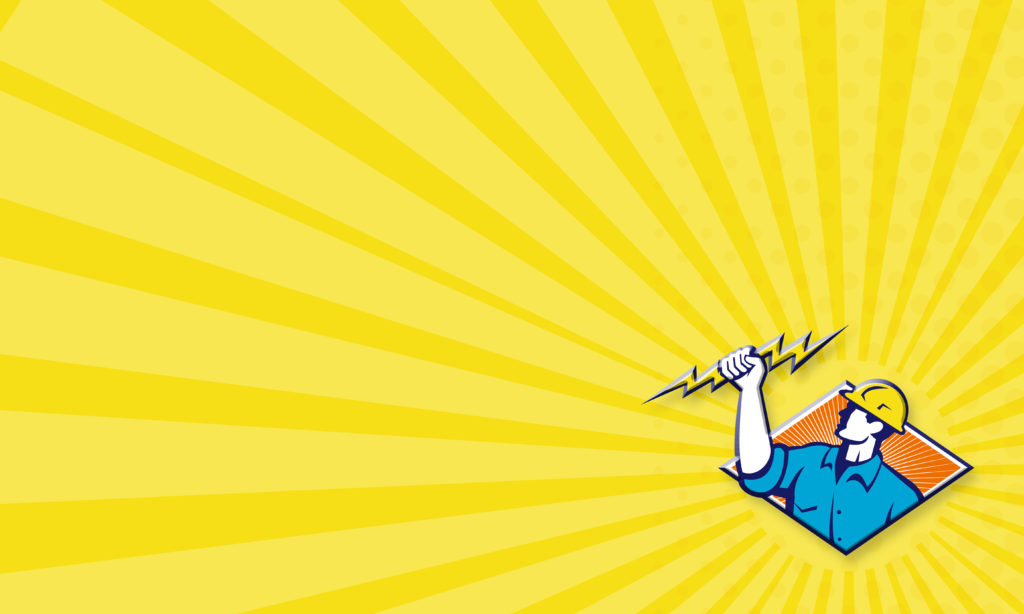A power point overload is a pretty common electrical problem that can result in huge losses due to the damage it will cause to your electrical appliances. In the worst cases, it can result in fires. Here is advice from our electricians on avoiding power point overloads.
Don't Connect Too Many Appliances to a Power Point
Most older homes have one or two power points in every room. You might plug in a power board or a double adapter to increase the number of outlets, which is okay. However, piggy-backing one power board or double adapter can be problematic. This is because you will now be able to connect too many appliances to the power point, exceeding the circuit’s amperage, which can cause a fire.
To address this problem, always only connect one power board or double adapter to a power point and turn off and unplug the appliances you are not using. The most effective solution is to seek qualified electricians to install additional power points.
Utilize More Overload Protection Devices
Your household meter box already has overload protection devices like fuses and circuit breakers that will cut power to particular circuits when their rated amperage is exceeded. However, this is not enough to prevent power point overload. You should utilize more overload protection devices in your circuit, like power boards and double adapters with built-in overload protection. The built-in circuit breaker will trip if the ratted amperage of the double adapter or power board is exceeded. Thus, they will provide an extra layer of protection from the risk of power point overloads.
Limit the Use of High Amp Appliances on the Same Power Point
Appliances like electric kettles, room heaters, blenders, toasters, mixers, and other power-hungry devices like electric razors, hairdryers, and heaters draw a lot of amps when running. Therefore, connecting more than one of them to the same power point and running them simultaneously is a sure way to exceed the amperage of the power point. To avoid power point overload risks, limit the use of high amperage appliances on the same power point.
According to reliable research, severe weather and natural disasters are the most common causes of power outages in the US, contributing to up to 70% of power outages. You can say goodbye to inconveniences brought about by power outages by installing a power backup. We have professional electricians to help you will all your power backup installation needs, so contact us today!


